Welcome to Round 2 of the RPGFan Games of the Year Bracket Battle, where we pit all of our Game of the Year winners against each other to discover the ultimate Game of the Year!
We had a lot of tight races in the first round, with one coming down to literally a single vote. That’s amazing! After the first round, we’ve created a seeding format, where the top winning vote getter from the first round faces off with the lowest winning vote getter, and so on. If you’re familiar with sports bracketing, this should look familiar to you!
Winners will continue to be determined by your votes, so, be sure to vote over on the right side there! Voting will close on November 21st, at 11:59 PM EST.
Which game do you think will win? Which game deserves to win? Be sure to let us know on Twitter, Facebook, Instagram, Discord, or however you most enjoy interacting with us!
Round 1 Results
I know many of you are probably curious about how the first round shook out; here are the results, according to you, with the winners in bold! Don’t forget to vote!
Division I
- Xenoblade Chronicles 3 (32%)
- Final Fantasy VII Remake (42%)
- Skies of Arcadia (26%)
Division II
- Star Ocean: Till the End of Time (24%)
- Mass Effect 2 (28%)
- The Witcher 3: The Wild Hunt (48%)
Division III
- Final Fantasy X (45%)
- Star Wars: KotOR (10%)
- Persona 5 (45%)
Division IV
- Final Fantasy XIV: Endwalker (37%)
- Final Fantasy XV (16%)
- Final Fantasy XII (48%)
Division V
- Dragon Quest XI: Echoes of an Elusive Age (59%)
- The Witcher 2: Assassins of Kings (12%)
- Dragon Quest VIII (28%)
Division VI
- Dragon Age: Origins (36%)
- Suikoden III (24%)
- Lunar: Silver Star Story Complete (40%)
Division VII
- Final Fantasy XIV: Shadowbringers (42%)
- Dragon Age: Inquisition (29%)
- Mass Effect 3 (28%)
Division VIII
- Shin Megami Tensei: Persona 3 (62%)
- Fallout 3 (19%)
- Final Fantasy XIV: A Realm Reborn (20%)
Seed 1 v Seed 8
Shin Megami Tensei: Persona 3 (2007)
Writeup by Michael Sollosi
It’s a tremendous honor for Persona 3 to emerge as the top-seeded RPG in such a crowded field of iconic video games. Persona 3 didn’t win because of weak opponents or by reputation alone; Persona 3 won because anyone who’s played it knows it’s an all-time great.
Persona 3 is the culmination of Atlus’s best RPG ideas of the 2000s. It streamlines a variation of the Press Turn battle system that began with Shin Megami Tensei III and honed by the Digital Devil Saga games. It combines the iconic demon designs of Kazuma Kaneko from those earlier games with new characters and monsters drawn by Shigenori Soejima, one of Kaneko’s proteges. And lastly, it adapts Persona 1 and 2’s concepts and setting into a school sim with loveable, relatable characters.
By uniting the best aspects of slice-of-life anime shows with Shin Megami Tensei’s demon-slaying RPG style, Persona 3 created a phenomenon. Persona 4 and Persona 5 were built upon the foundation laid by Persona 3, and the series has ballooned in sales and popularity ever since. But why is it so good? Is it the delightful setting of Gekkoukan High School and Tatsumi Port Island? Is it the stellar cast, which includes both a robot girl and a loyal Shiba Inu? I think it’s the total package, because Persona 3 truly is the total package.
Lunar: Silver Star Story Complete (1999)
Writeup by Audra Bowling
Lunar: Silver Star Story Complete is a prime example of how stellar dialogue and characterization truly shape an RPG experience. Working Designs’ localization provides a serviceably solid, if somewhat dry, game with a revitalizing fresh coat of paint in the form of an extremely memorable script. Some might not care for the liberties Working Designs took with their localization, but there’s no denying the English script helped Lunar: Silver Star Story Complete stand far above the crowd by tweaking key scenes and establishing outstanding characters.
Who can forget such iconic lines as healer Jessica’s “At least I’ve stepped foot in a school, you dumb bastard!” or Kyle’s remark about how he’d keep tripping over his “sword” if he fought naked? Working Designs’ English script helps breathe life into the cast and makes the plot even more engrossing than in its original context. What do you get when you throw all that in with gorgeous anime artwork, animated cutscenes, a timeless love story, a beautiful soundtrack, and the stepping stones for a fantastic sequel? Well, you have a game that stands the test of time and a version that’s well worth playing to this day. The phenomenal level of polish throughout the PlayStation port of Lunar: Silver Star Complete truly does make it the “complete” version of a traditional RPG classic!
Seed 2 v Seed 7
Dragon Quest XI: Echoes of an Elusive Age (2018)
Writeup by Sam-James Gordon
Both games in this bracket are fantastic examples of their respective series’ enduring success, with Dragon Quest XI: Echoes of an Elusive Age and Final Fantasy VII Remake being part of the same console generation. What’s interesting is how differently they expand on their forebears’ legacy: while Dragon Quest XI remained astutely turn-based with some quality-of-life innovations, Final Fantasy VII Remake changed things up in its combat and went pseudo-real time. And thus, I declare this bracket to be the Battle of Turn-Based versus Real-Time Combat.
Just like Sylvando, my previous statement was made with the heart of an entertainer, as Dragon Quest XI has many more merits to its arsenal than a time-tested battle system. Something I admire about DQXI’s storytelling is how many smaller stories it tells while driving its main narrative. It’s not just a story about saving the world with its heroes being unwitting tools; the world itself tells the story, and the characters are doing their best to keep things under control despite the odds not being in their favour. DQXI has some heart-wrenching moments — we’ll never forget you, Shell! — and the game as a cohesive package is such a powerhouse that it thoroughly deserved its Game of the Year award. As far as modern classics go, Dragon Quest XI is the pinnacle of a series respecting its roots while achieving widespread modern appeal.
Final Fantasy VII Remake (2020)
Writeup by Noah Leiter
Final Fantasy VII is a darling game for RPG fans worldwide, spawning an entire franchise of movies, games, toys, and more. It is so remarkably popular that, in this age of remakes, remasters, reboots, and rehashes, it is perhaps the only property beloved enough to spawn not just one remake but a remake trilogy (and yes, I am ignoring the Hobbit trilogy).
More remarkably, Final Fantasy VII Remake, the trilogy’s first entry, is a banger on par with its original property and the rest of Square Enix’s hallowed back catalog. It twists genre and franchise conventions enough to make its own way while still honoring the original game. It vindicates that game’s systems and story, but takes its visuals and set piece moments to modern cinematic heights. It also mixes things up with more action-oriented combat, greater focus on character leveling, and creative side missions. None of this damages or diminishes the vibe of the 1997 original, but it modernizes the experience in many ways. It’s no wonder we gave it GotY in a stacked 2020 that saw releases like Yakuza: Like a Dragon, the Demon’s Souls Remake, Wasteland 3, Persona 5 Royal, and the worldwide release of 13 Sentinels: Aegis Rim.
Seed 3 v Seed 6
The Witcher 3: Wild Hunt (2015)
Writeup by Aleks Franiczek
In 2015, The Witcher 3: Wild Hunt gave us a five-star buffet of RPG flavors: seamless open environments to explore, nuanced dialogue choices, dark fantasy with political reality checks, unique side quests, hot romancing, and dad game. It didn’t matter whether you swung WRPG or JRPG; The Witcher 3 ensnared us all. Sure, the combat wasn’t that great and the world was a lot of glorified empty space, but CD Projekt RED’s breakthrough masterpiece encompassed 30 years of RPG hopes and dreams. It let us play as a cool, likable magic sword dude as we carved his personal and social legacy across a genuinely interesting and beautifully realized world. The Witcher 3 was the first game I played from the PS4 generation, and the sense of wonder and involvement I felt during that playthrough will stick with me forever—much like first playing Final Fantasy VI as a kid.
In 2023, The Witcher 3 buffet still hits the spot. Many games have tried to replicate aspects of its design, but time seems to suggest that what made it so special was more lightning-in-a-bottle than a simple formula. Characters like Triss, Yennefer, and Ciri are still some of the most fleshed-out and endearing NPCs I’ve had the pleasure of getting to know. There are also two legendary expansions that each hone different strengths from the base game and have helped define what good DLC should look like. It surpassed just about all other contemporary AAA games not only in its palpable heart and soul, but in its integrity.
Final Fantasy XIV: Shadowbringers (2019)
Writeup by Mike Salbato
While it isn’t overly surprising to learn Final Fantasy XIV: Shadowbringers made it to round 2, this is a tougher match. Geralt’s latest adventure is the definition of a video game sensation. But while The Witcher 3 has some vital white-haired characters, FFXIV is filled with them! Why, more of your allies have white hair than not. So, you know, if that’s a metric in your RPGs, there’s only one choice here.
That important distinction aside, what more can be said about Shadowbringers? The only thing that shook up things more in the world of FFXIV was the launch of A Realm Reborn. It set a new high mark for the game’s expansions, letting us explore a whole new — yet abstractly familiar — world. As our Warriors of Light (or Darkness) found themselves in an unfamiliar world, they helped its people with very familiar problems that had the populace living in fear, with an all-too-real class division in the city of Eulmore that had far-reaching repercussions for the citizens.
Shadowbringers brought new jobs, races, challenges, varied and beautiful landscapes to explore, a stellar alliance raid series, incredible music, and much more. But it’s the story that made it so memorable and allowed it to secure a special place in our hearts. It’s why Shadowbringers’ Main Scenario Writer, Natsuko Ishikawa, receives cheers on par with the likes of Producer/Director Yoshi-P and Sound Director Masayoshi Soken at the FFXIV Fan Festivals.
Seed 4 v Seed 5
Final Fantasy XII (2006)
Writeup by Greg Delmage
Final Fantasy XII had some big shoes to fill after the acclaim garnered by Final Fantasy X but rose to the occasion. Players returned to Ivalice, but this time, at the height of its technological and cultural prowess. Amidst rich political strife, airships filled the skies and various races traversed the lands. Its flexible, engaging combat system set in a seemingly open-world environment built on the bones of FFXI‘s success as an MMORPG stands in stark contrast in this bracket against Persona 5.
Steeped in lore and world-building on a grand scale, FFXII is a standout in the series. It captures a medieval aesthetic with grand set pieces, inspired settings, flashy spells, and new takes on classic creatures that make the world and style its own. For what felt like the first time in the series, FFXII presented a world that seemed genuinely alive. The teeming streets to the vast, open fields populated by beasts were mind-blowing at the time. It was easy to lose yourself in this vision of Ivalice, exploring every nook and cranny.
While people are divided on some of the cast (and their abs), many performances are beautifully nuanced and help sustain the political drama. The story certainly isn’t revolutionary, but the telling is expertly handled, and a fun ride the whole way through. Its soundtrack is impactful, showcasing some incredible work from Hitoshi Sakimoto and, to a lesser extent, Hayato Matsuo and Masaharu Iwata. It elevated expectations for the series moving forward and rightfully won its place as our Game of the Year in 2006.
Persona 5 (2017)
Writeup by Jimmy Turner
Over the history of JRPGs, only a select few games have made a strong enough impact to become not just part of RPG discourse but of video games as a whole. JRPGs are still relatively niche compared to other genres, yet some games are so notable that they become bigger than their genre contemporaries and find a place in the mainstream. Persona 5 is a prime example.
Persona 5 is a juggernaut. The Persona series’ growth has been gradual, with each mainline game selling more and more copies, culminating in Persona 5‘s explosion in popularity. Persona 5 is a JRPG for non-JRPG fans and has been released on nearly every modern platform. Speaking for myself, it is the game that brought me back to JRPGs after a lengthy absence, and I’m willing to bet I’m not the only one. The game is a trendsetter, and its influence can still be seen in many games today.
I could continue to heap praise on Persona 5, but if I had to sum it up in a word, I’d go with “memorable.” The story, characters, and dungeons are iconic. The game does a better job of feeling like a “superhero game” than many actual comic-based superhero games! Joker and company feel like real people with real problems who are genuinely trying to make their world a better place. What makes a group of heroes more than that?
Check back soon to see the winners, and don’t forget to vote by November 21st, at 11:59 PM EST!

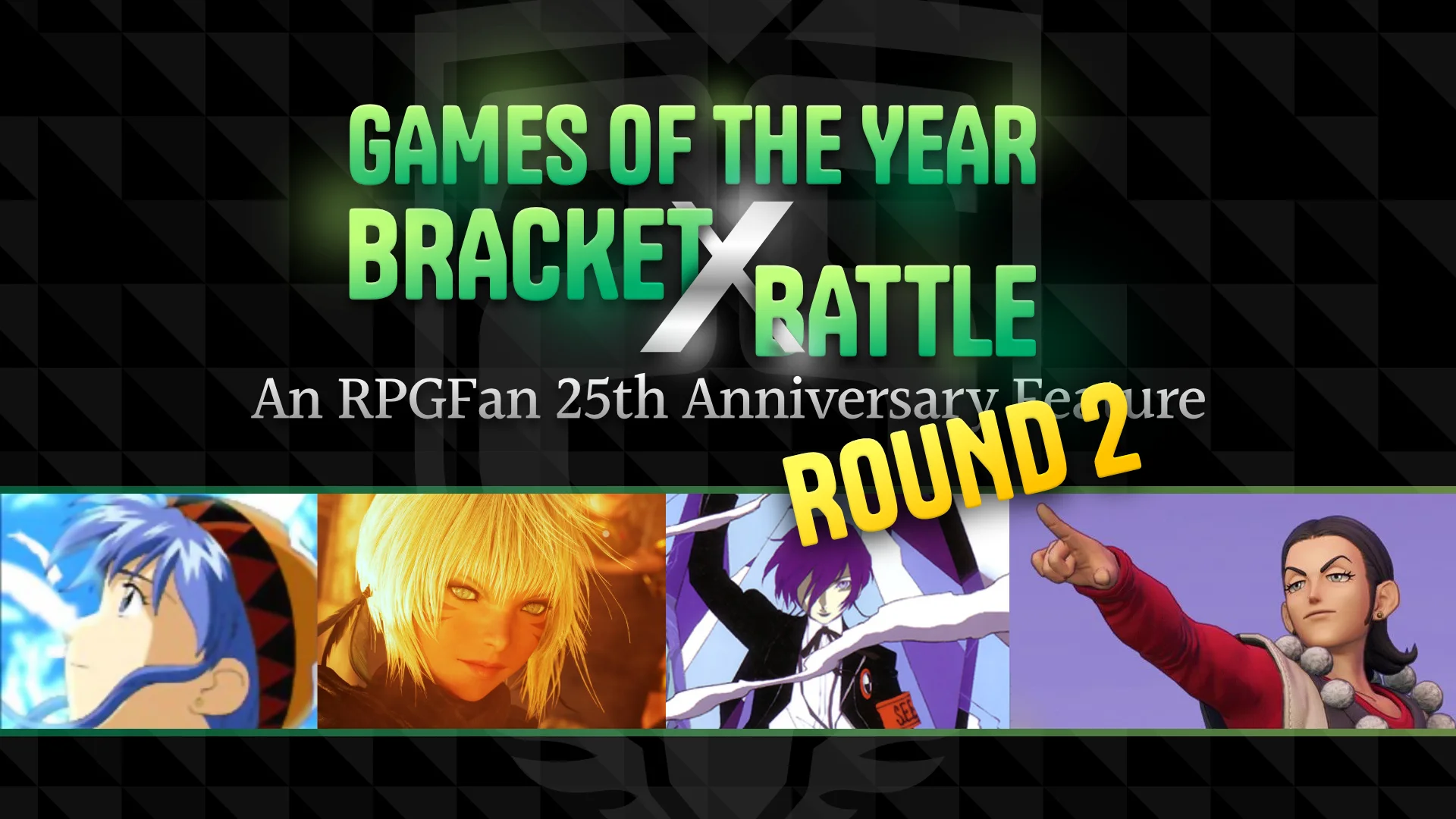
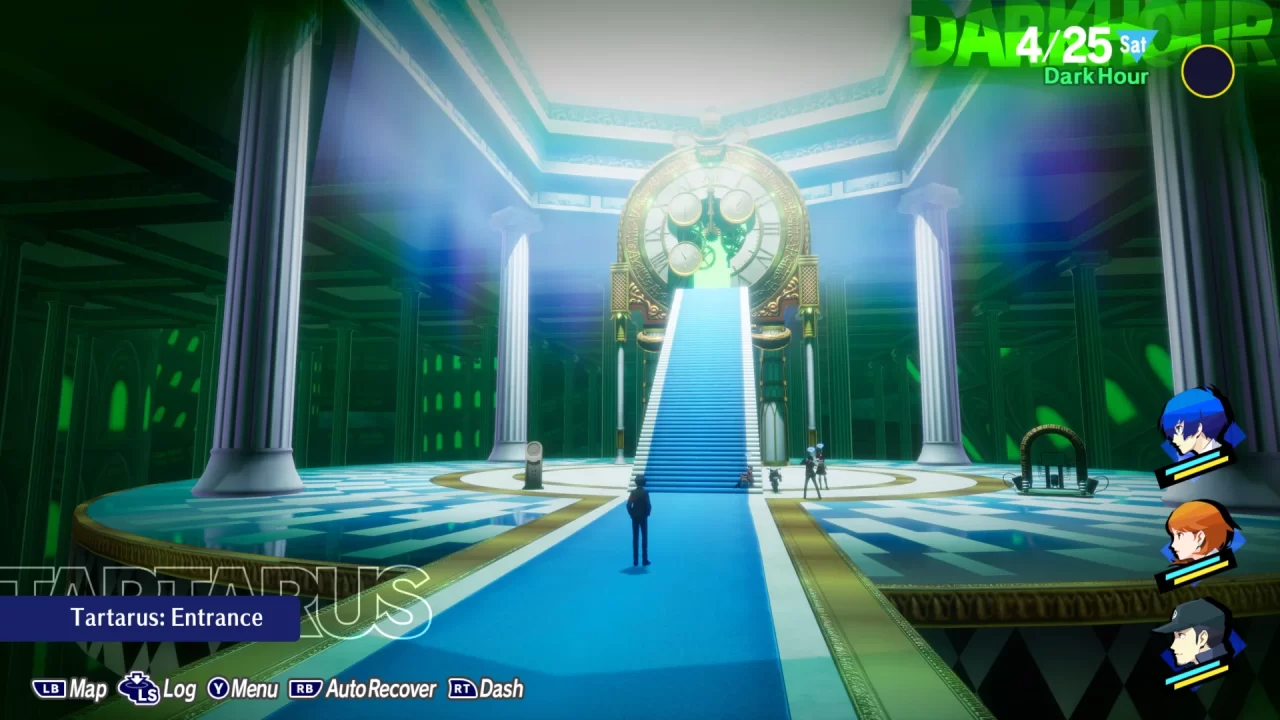
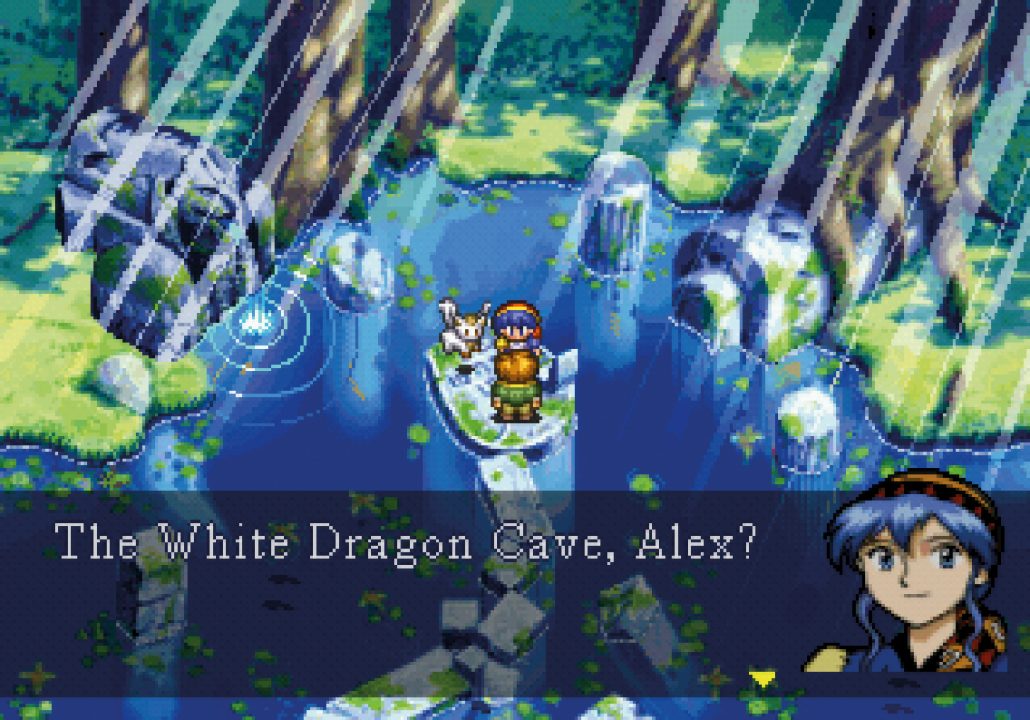
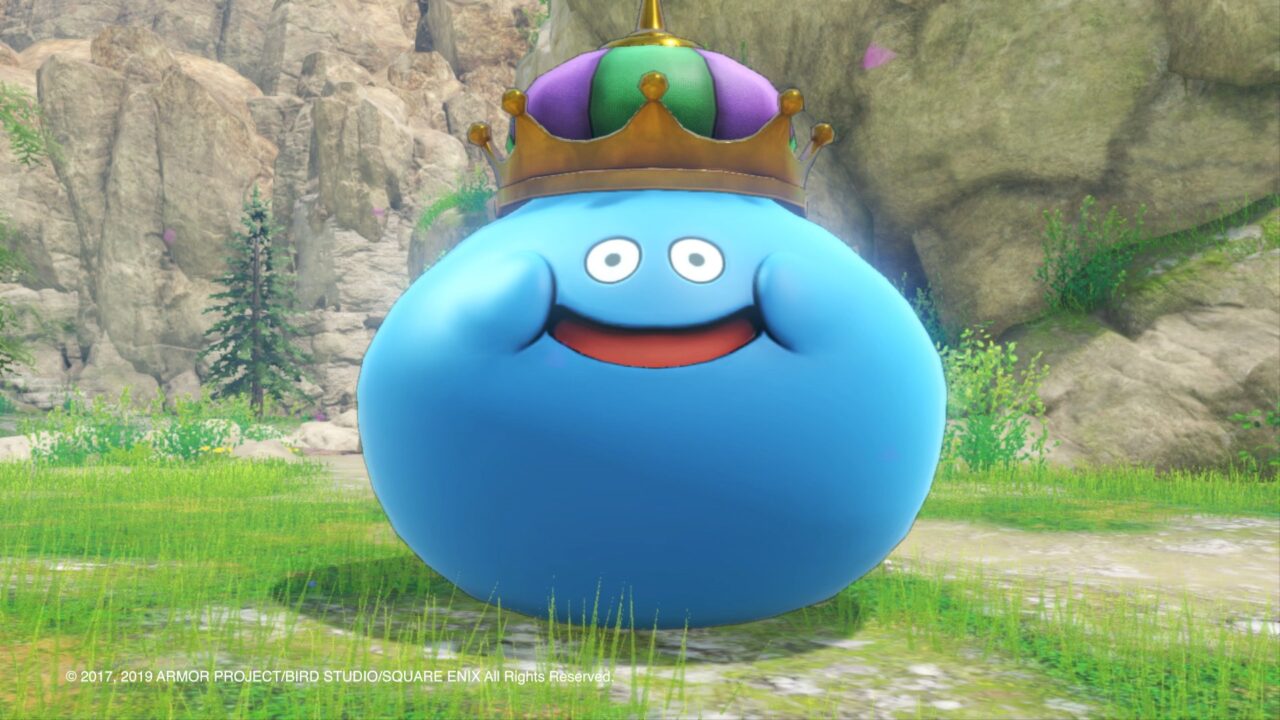
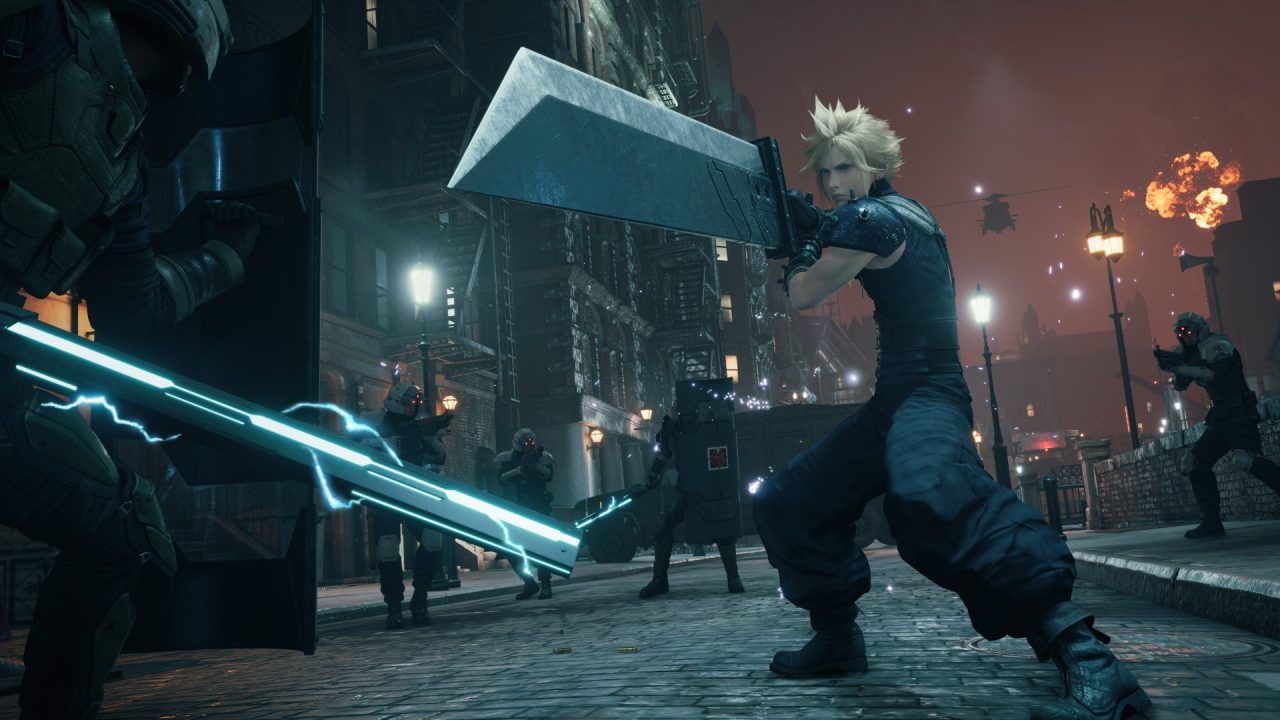
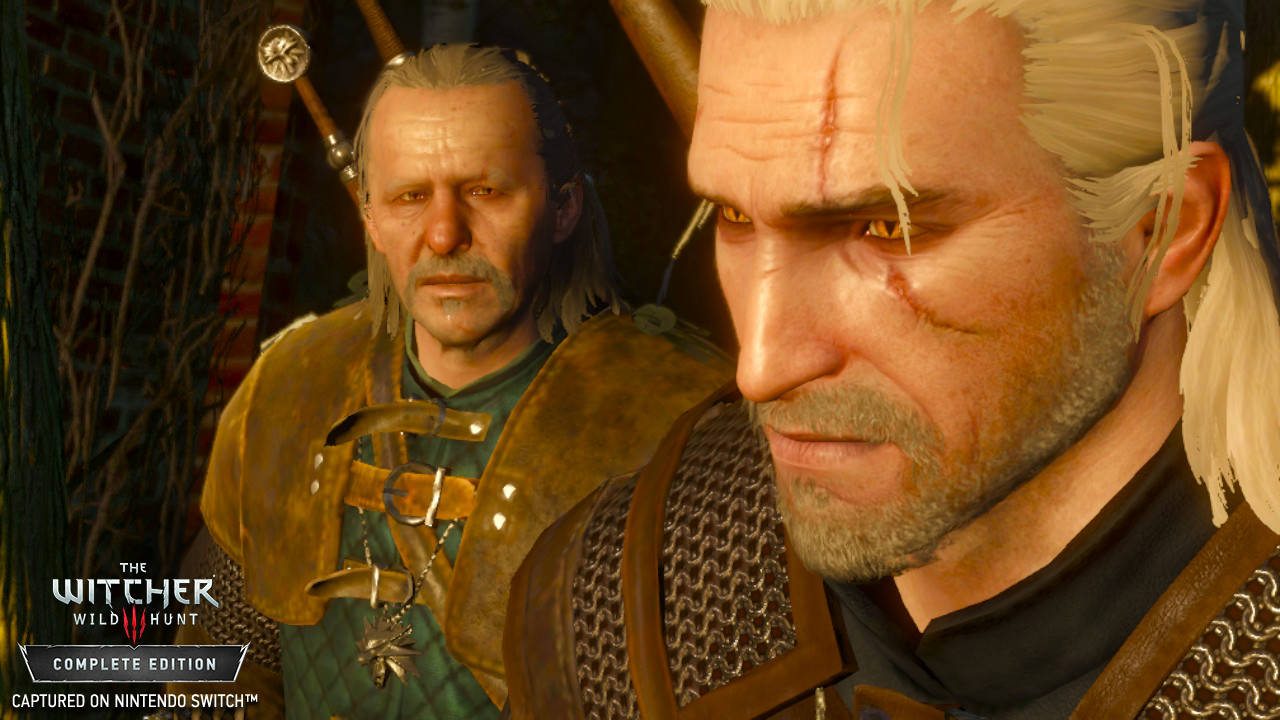
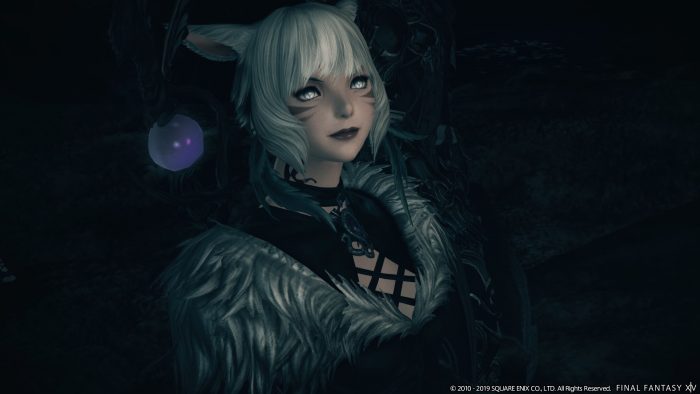
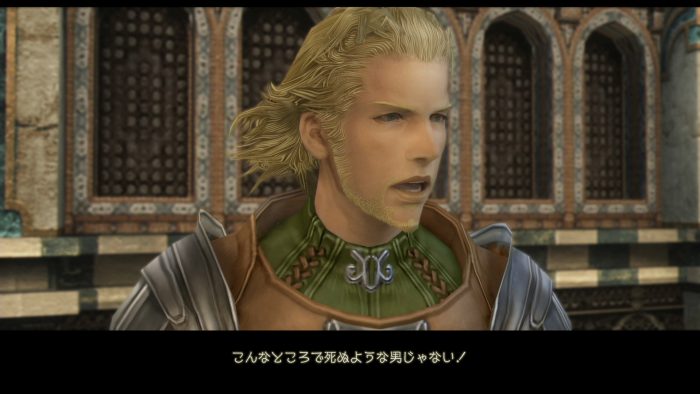
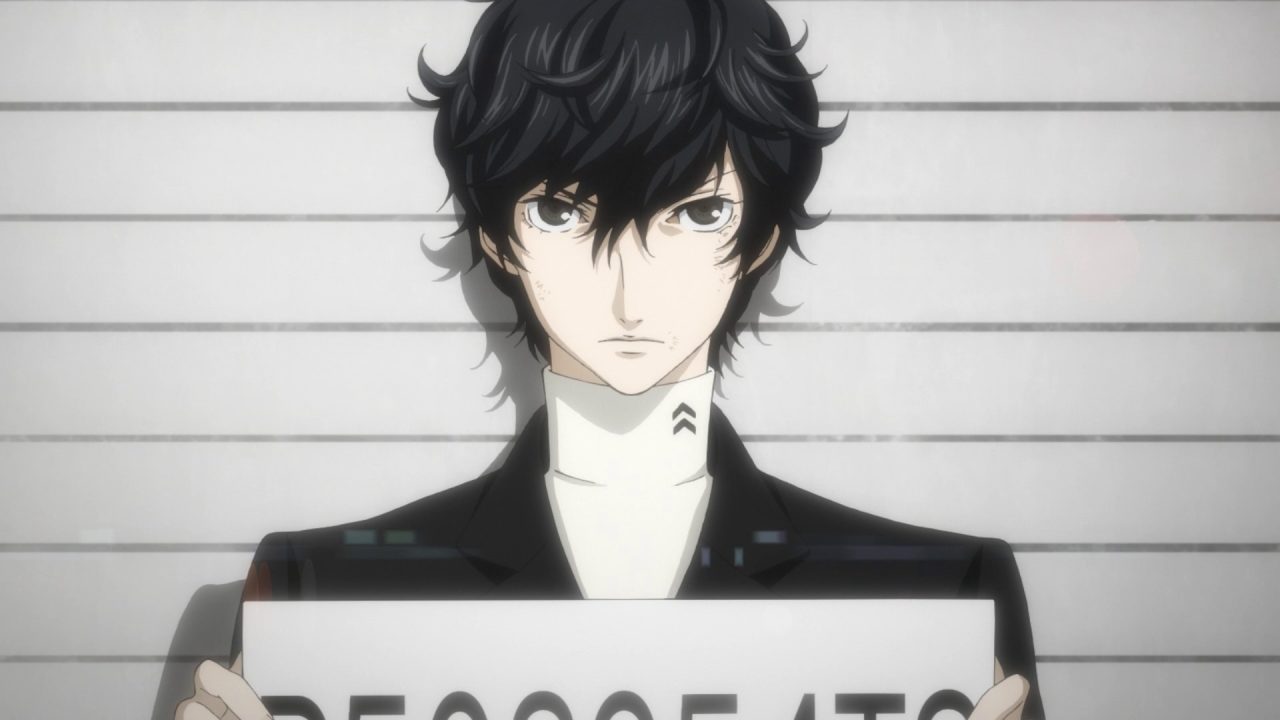


Leave a Reply
You must be logged in to post a comment.